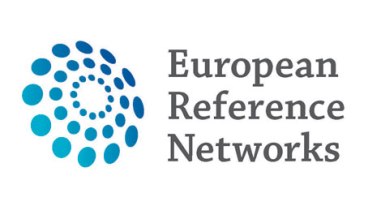
[From OrphaNews]
The EUCERD adopted Recommendations on Rare Disease European Reference Networks on 31st January 2013. The primary purpose of these Recommendations was to “help focus on the specificities of rare diseases and the criteria for the establishment and evaluation of ERNs in the field of rare diseases.” At the November 2014 meeting of the EC Expert Group on Rare Diseases, it was agreed that although the Recommendations overall remain highly relevant and comprehensive, two topics should be revisited and elaborated at this stage: the grouping of RD into thematic networks and the necessity of a patient-centred approach to RD ERNs. This Addendum outlines the rationale of these two topics and then makes recommendations accordingly.
1. Grouping Rare Diseases in Thematic Networks: The addendum states that ERNs in the field of Rare Diseases should be organised by grouping targeted diseases at a high level. The list of potential ERNs is the following: Rare immunological and auto-inflammatory diseases, Rare bone diseases, Rare cancers* and tumours, Rare cardiac diseases, Rare connective tissue and musculoskeletal diseases, Rare malformations and developmental anomalies and rare intellectual disabilities, Rare endocrine diseases, Rare eye diseases, Rare gastrointestinal diseases, Rare gynaecological and obstetric diseases, Rare haematological diseases, Rare craniofacial anomalies and ENT (ear, nose and throat) disorders, Rare hepatic diseases, Rare hereditary metabolic disorders, Rare multi-systemic vascular diseases, Rare neurological diseases, Rare neuromuscular diseases, Rare pulmonary diseases, Rare renal diseases, Rare skin disorders, Rare urogenital diseases
2. Necessity of patient involvement in RD ERNs: According to the addendum “Rare Disease ERNs should recognise the critical roles patient and patient representations play, as experts by experience and co-producers of knowledge in all ERN activities, besides demonstrating meaningful involvement, patient-centricity and empowerment in care…. a higher level of involvement of patients in decision and opinion-making processes is essential to ensure the successful development of RD ERNs.”
More information: The Addendum [PDF], EUCERD Joint Action workshop [PDF], EUCERD Recommendations on RD ERN [PDF]
